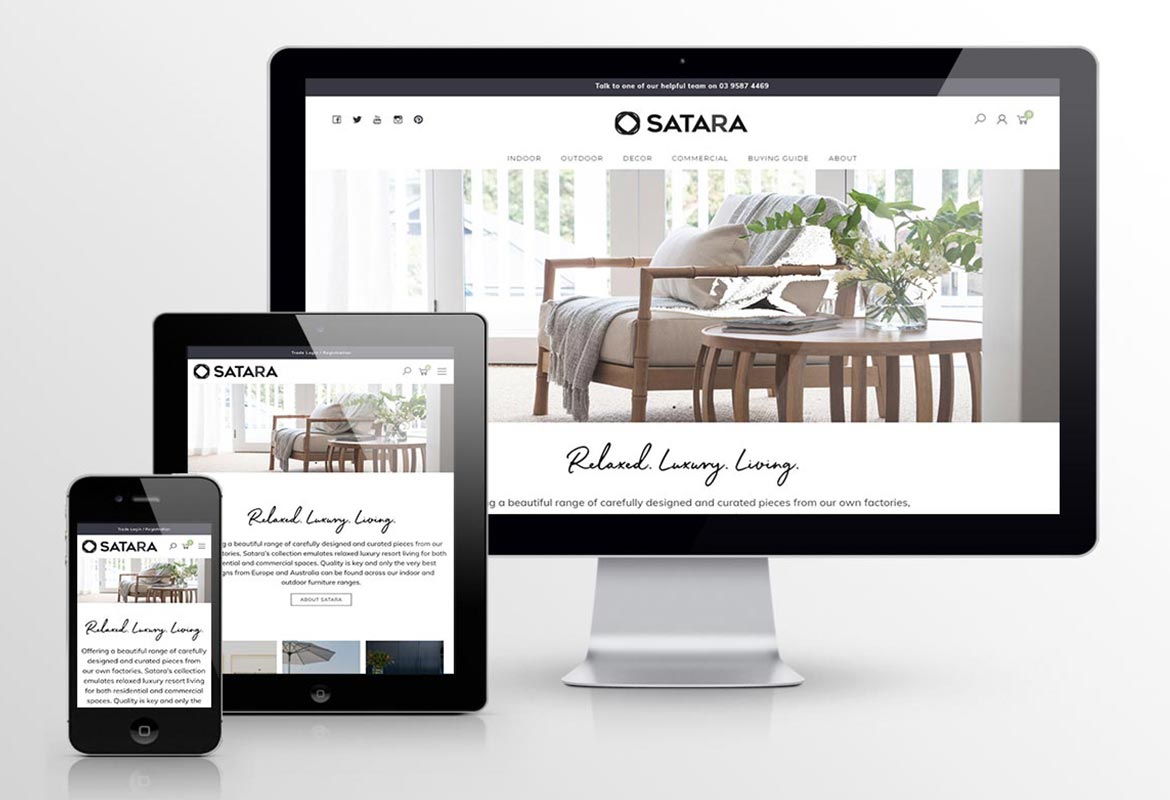Insights

How to choose the best Content Management System (CMS) for your business website
Choosing the best Content Management System (CMS) for your business requires careful consideration of many factors, such as your functionality needs, goals, scalability requirements and budgets.
Websites are a long-term investment strategy, building and growing a successful online presence typically requires time and effort. As your business grows, you’ll want to make sure your website can grow and adapt with you. To avoid expensive redevelopment costs, you’ll want to make sure you’re on the right platform from the start.
Websites are crucial for business success and are often a customer's first contact with your business. Especially sites that are designed for lead conversions or online sales, these need to be built and optimised at a high level.
To get started, find our guide to help you make the right choice.
Define Your Business Needs and Goals
Budget
When planning your budget for a CMS and website development, it's important to account for both the initial development costs and the ongoing costs for maintenance and security updates.
Factors that can impact cost:
- Ease of development
- Bespoke functionality
- Monthly SaaS (Software as a Service)
- Monthly Hosting cost
- Monthly SSL cost
- Themes
- Licensing fees
- Plugins and extensions
- Ecommerce requirements
- Ongoing maintenance
- Security updates and support
Website Purpose
What kind of website do you need? Is it a brochure site, e-commerce site, corporate site, membership platform, or something else? Keep in mind that different platforms are suited to different types of websites.
Key Features and functionality
It’s wise to be prepared with a detailed brief or even a technical scope including a list of the features you absolutely need now and those you might need in the future.
Some of the key features to consider could be.
- Content Creation and Editing: User-friendly interface, WYSIWYG editor vs drag-and-drop functionality.
- Content Organisation: Categories, tags, workflows, version control, media library.
- Listings and Filtering: Complexity of item lists, search and filtering functionality.
- Design and Customization: Themes, templates, customisation options, responsive design (mobile-friendliness).
- User Management: Roles and permissions for different team members.
- SEO Features: URL customisation, meta tag management, sitemap generation, structured data, robots.txt, web accessibility .
- E-commerce Functionality: Product management, shopping cart, payment gateway integration, order processing, shipping providers.
- Marketing Features: Email marketing integration, social media integration, lead capture forms.
- Security: Regular updates, security features, protection against vulnerabilities.
- Scalability: Ability to handle increasing traffic and content as your business grows.
- Integration with Other Tools: CRM, analytics, marketing automation platforms, accounting software.
- Multilingual Capabilities: Support for multiple languages.
- AI tools: Copywriting and design support through AI.
Customisation and Flexibility
Some advanced systems offer full customisation, while simpler drag-and-drop platforms come with a predefined set of features for ease of use.
Technical Skills
Evaluate your team's technical skills. Some CMS platforms demand coding expertise, while others are designed to be more intuitive, drag and drop and accessible for non-technical users.
Future Growth
Planning for the future is key. Choose a CMS that can scale and adapt as your business grows and your functionality needs evolve.
Security and maintenance
Some systems offer automated security updates, while others may need regular monthly maintenance to ensure they remain secure.
Make your decision
Select the CMS that aligns best with your business goals, technical needs, and budget.
Creating a shortlist of potential Content Management System (CMS) can be helpful. Use free trials or demos to explore each option, or consult with our experts for tailored advice on technical requirements and system capabilities.
Flux Creative, based in Cheltenham, Bayside Melbourne, has been helping businesses with web design and development for over 25 years. Reach out to us to book an initial consultation. We’d love to help you too.
Supporting Articles
Web technologies explained - Software as a Service vs Open Source vs Bespoke Development
